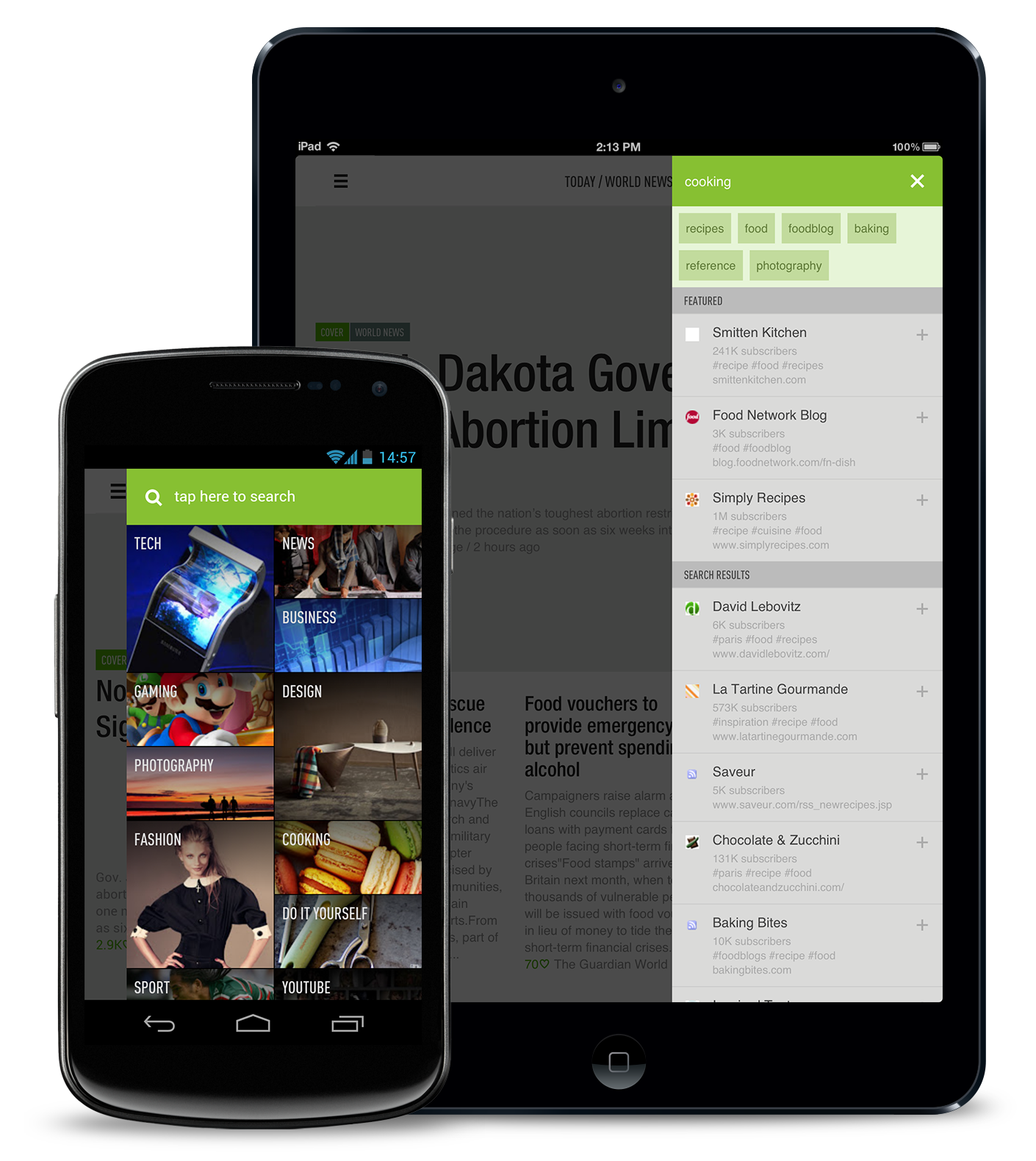Google Reader closes, leading to scramble for RSS success
The announcement has created a gap in the market, with many companies trying to take advantage

Your support helps us to tell the story
From reproductive rights to climate change to Big Tech, The Independent is on the ground when the story is developing. Whether it's investigating the financials of Elon Musk's pro-Trump PAC or producing our latest documentary, 'The A Word', which shines a light on the American women fighting for reproductive rights, we know how important it is to parse out the facts from the messaging.
At such a critical moment in US history, we need reporters on the ground. Your donation allows us to keep sending journalists to speak to both sides of the story.
The Independent is trusted by Americans across the entire political spectrum. And unlike many other quality news outlets, we choose not to lock Americans out of our reporting and analysis with paywalls. We believe quality journalism should be available to everyone, paid for by those who can afford it.
Your support makes all the difference.Google is today shutting down Google Reader, an RSS service that was created in 2005 and was amongst the most popular on the web.
The decision was first announced back in March on their official blog. Google said the service was being stopped as usage had “declined” despite described it as having a “devoted following who will be very sad to see it go.”
“We’re sad too,” they added.
Google Reader – like other RSS readers – worked by creating a single feed for the user, created from by aggregating headlines from a number of different sites into a single place. RSS, which stands for Really Simple Syndication, is the format that these feeds are stored in, whilst readers displayed (like Google Reader) display them.
News of the closure has upset many in the online tech community, there are plenty of alternatives available, with several starting up as a direct reaction to news of Google Reader’s closure.
One of those has been built by Digg – the website that popularised the social new aggregation format, but was later sunk by the popularity of rival Reddit.
Digg Reader launched two days ago with fairly basic functionality - users can add feeds, save stories and share links, but that’s about it - though the team responsible say they will be continually updating functionality as they go. The reader is also available as an app for iOS devices
Another reader trying to get a head start from Google’s demise has been built by AOL. As with the new Digg Reader the unimaginatively named AOL Reader (there’s a trend there) allows users to login via their Google Reader account and directly transfer their feeds. The service will be supported by ads.
A more established alternative to Google Reader is Feedly, which has been around since 2008 but has certainly benefited from Google’s announcement – on March 15 it added 500,000 new users in 48 hours following the announcement of Reader’s closure.
The Verge describe Feedly as the “heir apparent” to Google Reader’s throne, offering more choices for customizing appearance (including a ‘magazine mode’ similar to Flipboard), and a dedicated backend (Feedly Cloud) that can sync with other apps you might use on different platforms.
Despite this minor renaissance in RSS popularity, some commentators are doubtful that the format should receive any attention at all - claiming that it became obsolete a long time ago. Writing for TechCrunch, Darrell Etherington notes that “at some point Google Reader just stopped feeling current enough, fast enough, and comprehensive enough.”
Etherington points out that for many of us the RSS pace of aggregation is just awkward: too slow for keeping right this moment up to date (Twitter has usurped this function) whilst there are now plenty of sites and services that aim at gathering together your long-form reads into a tidy list (Pocket and Instapaper for example).
The death of Google Reader may have created a fairly cynical scramble for its abandoned users, but it's still true that the new influx of coding and design talent into the market could reinvigorate how we use RSS feeds. It's unclear right now whether Google will regret stepping out the way for the competition, or whether the search giant has made the right decision, correctly foreseeing a future where RSS readers of all types are obsolete.
Join our commenting forum
Join thought-provoking conversations, follow other Independent readers and see their replies
Comments